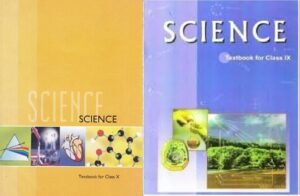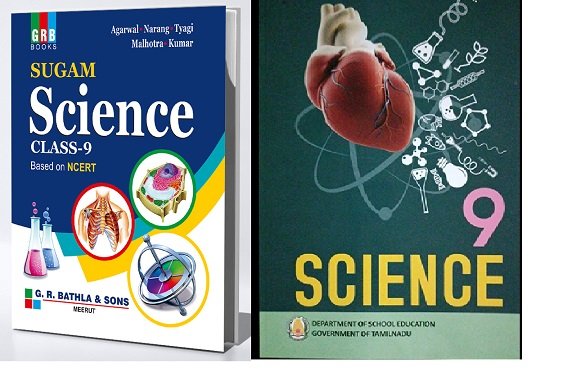Introduction
The 9th Standard Science Book is a cornerstone of foundational education, bridging concepts learned in earlier classes and preparing students for advanced topics. Science in the 9th grade integrates physics, chemistry, and biology, laying the groundwork for higher education and competitive exams.
In this guide, we will provide a comprehensive overview of the 9th Standard Science Book, including its structure, key topics, benefits, and effective study strategies. Additionally, we will delve into how this book aids conceptual understanding and critical thinking, making it indispensable for every student.
Why is the 9th Standard Science Book Important?
The 9th Standard Science Book serves several essential purposes:
- Foundation for Competitive Exams: Concepts in this book are directly linked to questions in exams like JEE, NEET, and NTSE.
- Integrated Knowledge: The book integrates physics, chemistry, and biology, fostering interdisciplinary learning.
- Practical Learning: Emphasis on experiments and activities encourages hands-on experience.
- Critical Thinking: Exercises and real-life applications enhance problem-solving skills.
Structure of the 9th Standard Science Book
The book is divided into three major sections:
- Physics
- Chemistry
- Biology
Each section contains chapters addressing core topics. Below is a chapter-wise breakdown:
Chapter-Wise Topics
| Section | Chapter Title | Key Concepts |
|---|---|---|
| Physics | Motion | Laws of motion, velocity, acceleration |
| Force and Laws of Motion | Newton’s laws, inertia | |
| Gravitation | Universal law, free fall, mass, weight | |
| Chemistry | Matter in Our Surroundings | States of matter, properties |
| Atoms and Molecules | Atomic structure, chemical formulae | |
| Structure of the Atom | Protons, neutrons, electrons, isotopes | |
| Biology | The Fundamental Unit of Life | Cell structure, organelles |
| Tissues | Plant and animal tissues | |
| Diversity of Living Organisms | Classification, taxonomy |

How to Study the 9th Standard Science Books Effectively
1. Understand the Syllabus
Begin by familiarizing yourself with the syllabus. Identify topics with higher weightage in exams.
2. Focus on Concepts
Prioritize understanding over rote memorization. Use diagrams and practical examples for clarity.
3. Regular Practice
Solve end-of-chapter exercises and previous years’ question papers.
4. Create Notes
Prepare concise notes for quick revision, emphasizing formulas, definitions, and diagrams.
5. Utilize Online Resources
Supplement your learning with online videos and interactive simulations.
Benefits of Using the 9th Standard Science Book
- Clear Explanations: Topics are explained in a simplified manner.
- Real-Life Applications: Practical examples relate concepts to everyday scenarios.
- Illustrative Diagrams: Visual aids enhance understanding.
- Activity-Based Learning: Experiments and activities foster interactive learning.
FAQs About the 9thStandard Science Book
Q1: Is the book enough for exam preparation?
Yes, the book comprehensively covers the syllabus. However, additional reference materials can be helpful for competitive exams.
Q2: How can I score well in science?
Focus on understanding concepts, practicing regularly, and revising thoroughly. Ensure clarity in diagrams and formulas.
Q3: Are practicals included in the book?
Yes, the book includes practical experiments and activities to enhance experiential learning.
Table: Key Tips for Each Section
| Subject | Key Tips | Example Activity |
| Physics | Focus on formulas and numerical problems | Calculate the velocity of a falling object |
| Chemistry | Learn atomic structures and reactions | Create a model of a molecule |
| Biology | Understand diagrams and processes | Label the parts of a cell |
Disclaimer
This article is a general guide to the 9th Standard Science Book based on widely used textbooks in Indian education. Specific details may vary depending on the curriculum (e.g., CBSE, ICSE, State Boards). Refer to your school’s prescribed book for exact content.
